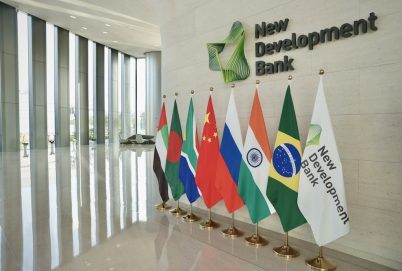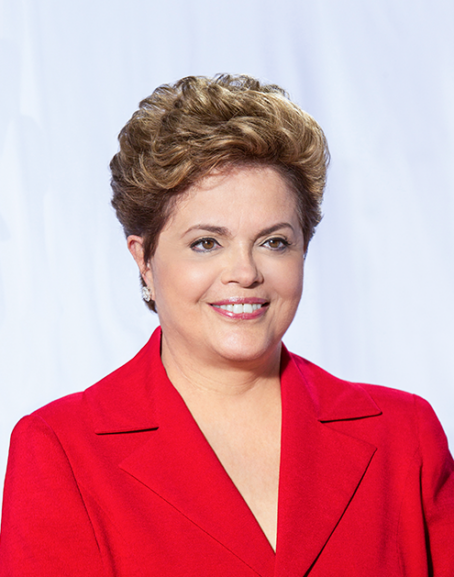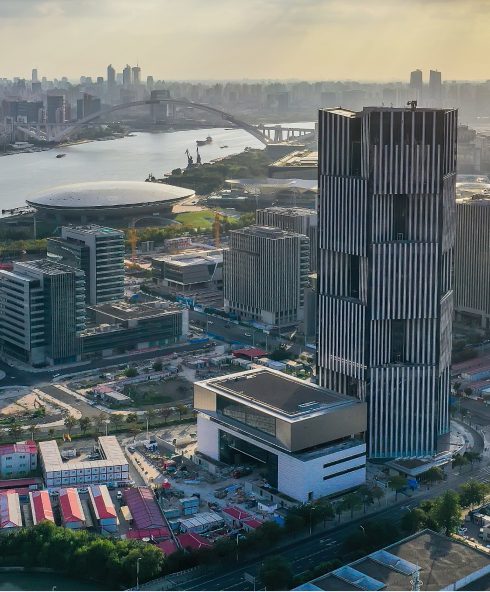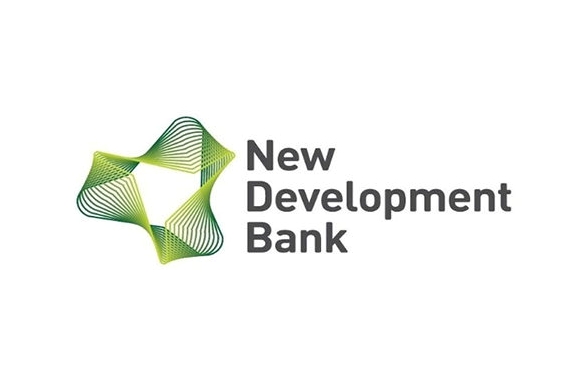The New Development Bank (NDB) is a multilateral development bank established by Brazil, Russia, India, China and South Africa (BRICS) with the purpose of mobilising resources for infrastructure and sustainable development projects in emerging markets and developing countries (EMDCs).

History New Development Bank
The term “BRIC” was coined in 2001 by then-chairman of Goldman Sachs Asset Management, Jim O’Neill, in his publication Building Better Global Economic BRICs. The foreign ministers of the initial four BRIC states (Brazil, Russia, India, and China) met in New York City in September 2006 at the margins of the General Debate of the UN General Assembly, beginning a series of high-level meetings. A full-scale diplomatic meeting was held in Yekaterinburg, Russia, on 16 June 2009. South Africa was added to the list on April 13, 2011 creating “BRICS.”
The New Development Bank (NDB) is based in Shanghai.

The New Development Bank (NDB), formerly referred to as the BRICS Development Bank, is a multilateral development bank operated by the BRICS states. The bank’s primary focus of lending will be infrastructure projects with authorized lending of up to $34 billion annually. South Africa will be the African Headquarters of the Bank named the “New Development Bank Africa Regional Centre“. The bank will have starting capital of $50 billion, with capital increased to $100 billion over time. Brazil, Russia, India, China and South Africa will initially contribute $10 billion each to bring the total to $50 billion.

The President of the New Development Bank
On March 24, 2023, the Board of Governors of the New Development Bank (NDB) unanimously elected Mrs. Dilma Vana Rousseff as the President of the Bank, effective immediately, in full accordance with the Articles of Agreement of the New Development Bank and the procedures of the President election.

Photo source:New Development Bank
The Economist Dilma Rousseff was elected the President of the Federative Republic of Brazil for two consecutive terms. Previously, in the first two governments of President Luiz Inácio Lula da Silva, she was the Minister of Mines and Energy and Minister Chief of Staff, a position she held until 2010. During this period, she chaired the Board of Directors of Petrobras, Brazil’s largest and most important company.
As the President of Brazil, Dilma Rousseff focused her agenda on ensuring the country’s economic stability and job creation. In addition, during her government, the fight against poverty was prioritized, and social programs that started under President Lula da Silva’s terms were expanded and internationally recognized. As a result of one of the most extensive processes of poverty reduction in the country’s history, Brazil was removed from the UN’s Hunger Map.
Internationally, she promoted respect for the sovereignty of all nations and the defense of multilateralism, sustainable development, human rights, and peace. Under her government, Brazil was present in all international fora for climate and environmental protection, culminating in decisive participation in the achievement of the Paris Agreement.
Dilma Rousseff significantly expanded cooperation with several countries in Latin America, Africa, the Middle East, and Asia. In July 2014, she participated with the BRICS countries in the creation of the New Development Bank and the Contingent Reserve Arrangement.
The President of NDB is the chief of the operating staff of the Bank, conducting, under the direction of the Directors, the ordinary business of the NDB.

